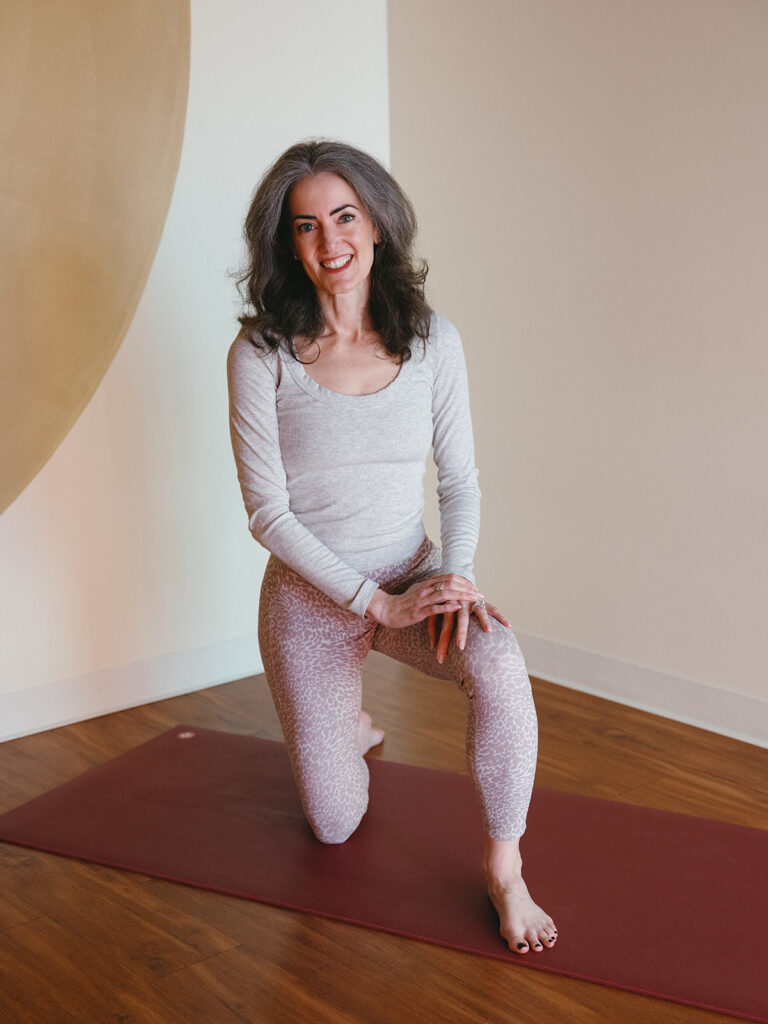When I woke up Sunday and glanced at the iPad, I saw that my colleague Sara sent me a link to the Buzzfeed article “27 Things That Are Too Real for People with Terrible Posture,” telling me to check out number 20 on the list. I scrolled down to see a picture of myself in cat pose, labeled HUNCHBACK. (Never mind that the source is to an aggregator site that lifted the original piece, “12-Minute Core Strength Sequence for Real People,” ran it through a garbling thesaurus, and posted it without credit or links.)

There it is, I thought. The Internet has a way of finding your deepest insecurities—for me, having poor posture feels hypocritical, which I wrote about in my Active Yogi blog years ago—and exploiting them. In terms of public humiliation, this is a pretty low-key shaming. Cat pose is supposed to bring the spine, including the upper back (hunchback!) into deep flexion. My name didn’t appear own the image; no one (except Sara) was really going to find it unless I showed it to them. I took the iPad to show my family, and texted the link to my daughters.
The girls chuckled and pointed out what I hadn’t seen on the iPad—the image was a GIF. It didn’t exist solely of HUNCHBACK. There was a second picture looped with the first—its complementary extension into cow pose. Put together, they read, HUNCHBACK BEGONE! (Set aside that I’m still not sure I’m a good model in cow pose—the hunchback isn’t quite gone.)
The Yoga Sutras tell us that all suffering comes from wrong-seeing, avidya. I was looking at only part of the picture. The next time you feel Internet-shamed, or frustrated, or hurt, consider: what is going on beyond what I can see?

